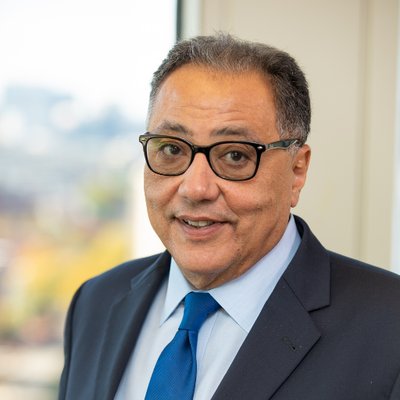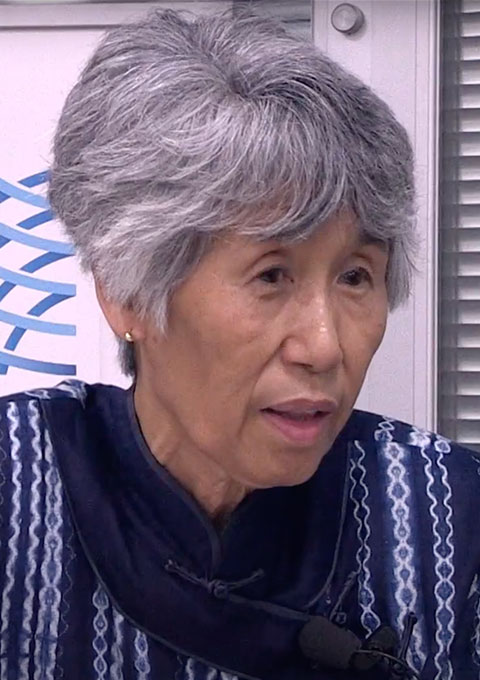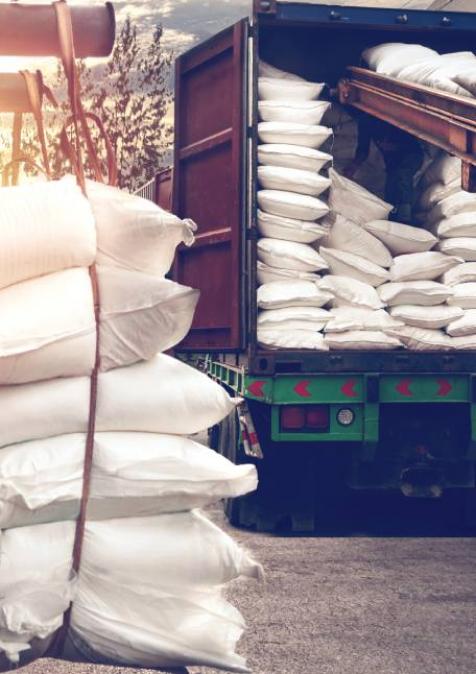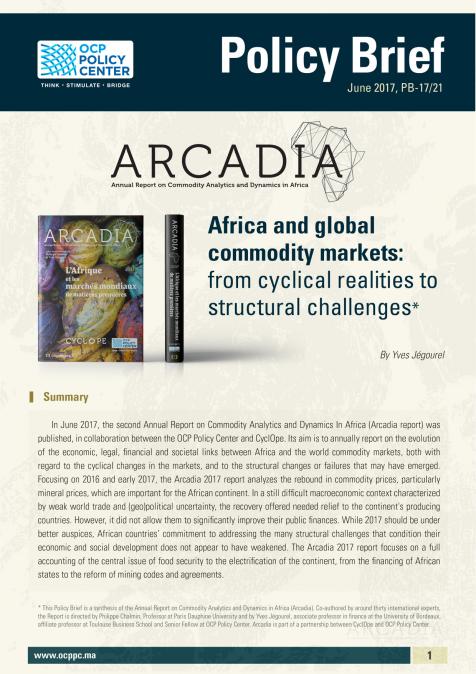To emphasize the importance of addressing this issue and discuss the potential actions that need to be taken to ensure food security and sustainable development in these nations, the Policy Center for the New South is organizing a webinar titled “Rising Food Prices: Understanding the Impact on Developing Economies”. The webinar will be held on November 29th, at 3 PM (GMT+1/ Rabat time).
Food inflation in developing countries carries profound implications for both the economy and the populace of these nations. This phenomenon denotes the sustained escalation in the costs of food commodities, instigated by an array of determinants, including climatic conditions, supply chain disruptions, economic policies, and market dynamics. As such, it represents a complex and multifaceted challenge that requires a nuanced approach to comprehensively understand its root causes and devise effective interventions.
In developing countries, where a substantial portion of the population is poor, rising food prices can lead to a decline in their standard of living, malnutrition, and even hunger. This is particularly true for those who spend a significant portion of their income on food. Food inflation can also have broader economic implications, such as reduced consumer spending on other goods and services, hampering investment, and driving up interest rates, exacerbating poverty and inequality.
It is worth noting that food inflation in developing countries has global repercussions as these nations often provide vital food resources to the global market. Fluctuations in food prices in these nations can impact food security and prices worldwide, creating challenges for policymakers to manage and mitigate its impacts.
Therefore, it is imperative for policymakers to understand the drivers of food inflation in developing countries and develop effective strategies to manage and mitigate its impacts on the economy and the population. These strategies may include policies that address supply chain disruptions, enhance productivity in the agricultural sector, and improve market competition, among others.












